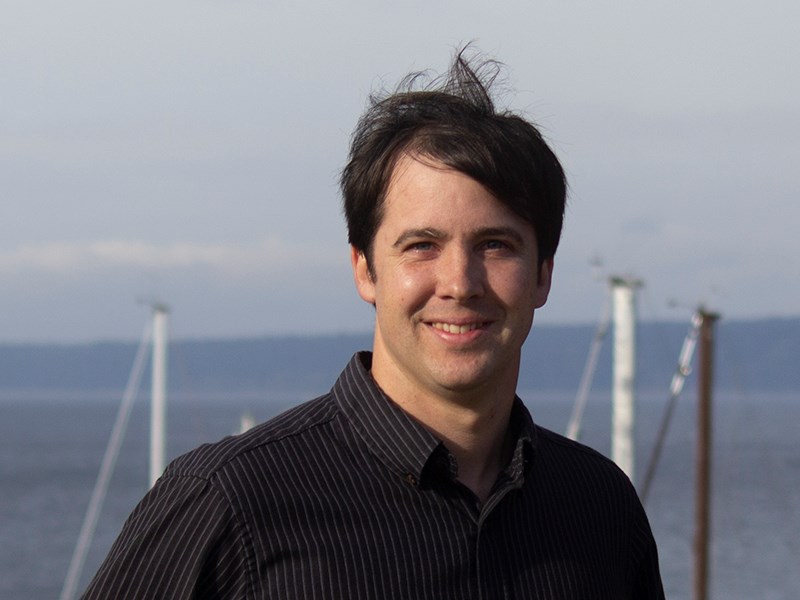A motion to allow volunteers, such as volunteer firefighters, to be eligible to seek election as local government officials was defeated by qathet Regional District (qRD) directors.
Currently, volunteer firefighters in BC, who are paid for emergency calls, are excluded from running in regional district or city elections.
At the Thursday, May 9, qRD committee of the whole meeting, Electoral Area B director Mark Gisborne introduced a motion indicating that rural communities are becoming increasingly reliant on volunteers to deliver affordable services in low density areas, and some volunteers, such as volunteer firefighters, are ascribed by the courts to be unpaid local government employees. The motion read that section 82 of the Local Government Act disqualifies all local government employees from holding local government public office in BC and does not distinguish paid from unpaid local government employees.
The motion resolved that the Union of British Columbia Municipalities request the provincial government to amend the Local Government Act to provide definitions to clarify the difference between paid and unpaid local government employees, and that an exemption clause be established for unpaid local government employees, including non-officer volunteer firefighters.
Gisborne said more than volunteer firefighters could be affected and restricted for running for local government office. He said anyone defined by WorkSafeBC as an employee could face the restriction. The restriction could include, for example, trail volunteers who work on the network of trails throughout the regional district.
“As we all know, WorkSafeBC continues to include more and more people as employees,” said Gisborne.
Right now, the exclusion pertains only to firefighters, but in years down the line, challenges to the court could exclude other volunteers from seeking local office, according to Gisborne.
“We need to rely on volunteers in our community to deliver services and help us out, because we can’t afford it, otherwise,” said Gisborne.
All other provinces in Canada allow volunteer firefighters to run for office, according to Gisborne. He said he thinks the initiative to not allowing volunteers firefighters to run for office is a mistake. Gisborne wondered whether it will play out to be just volunteer firefighters, or all volunteers.
“I think the motion addresses the underlying issue,” said Gisborne.
Area A director Patrick Brabazon said he was opposed to the motion. He said firefighters are a regimented, hierarchical organization.
“They work under difficult, and sometimes dangerous conditions,” said Brabazon. “To suggest that a line firefighter can hold a policy-making position over and above his peers, I think, is extremely difficult and corrosive to the well-being of the whole fire department. They are literally an organization that’s one for all and all for one. They are together and they bond as a unit.
“If one of those firefighters is in a position that affects policy over and above the whole fire department, including the chief, we are inviting discord, and eventually, a corruption of the fire department.”
The motion was defeated.



